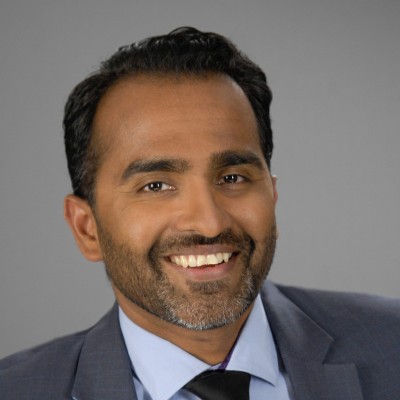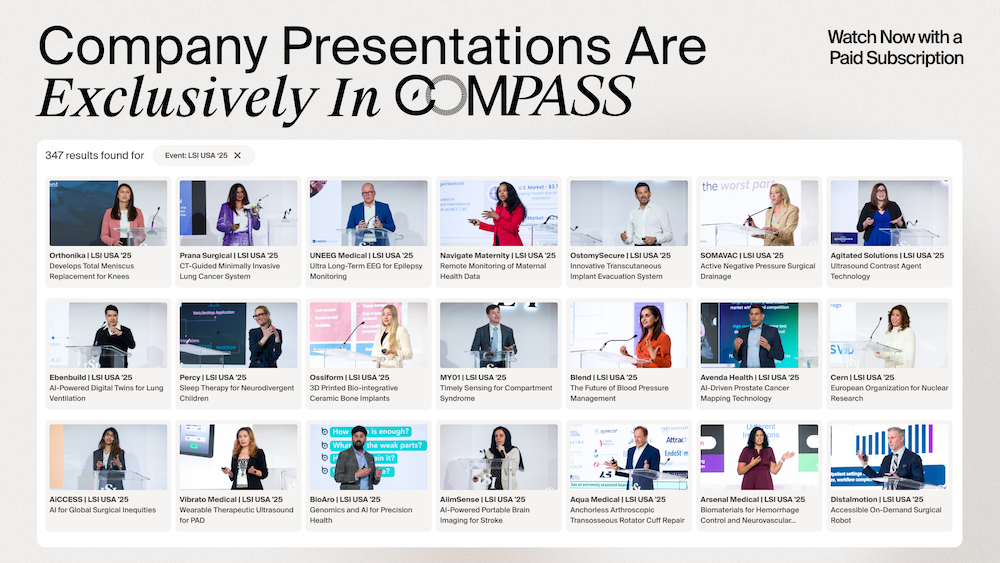- Video Library
- Ananth Ravi, MOLLI Surgical - Magnetic-Based Tumor Localization System | LSI USA '24
Ananth Ravi, MOLLI Surgical - Magnetic-Based Tumor Localization System | LSI USA '24
shaping the future of
Medtech at LSI USA ‘26
Waldorf Astoria, Monarch Beach

Ananth Ravi
Experienced Medical Physicist with a demonstrated history of working in the hospital & health care industry. I am passionate about patient-centred care and developing innovative technology to improve the treatment experience.
Specialties: Medical Devices, Radiation Therapy, Image Guided Surgery, Brachytherapy, and Image-Guided Radiation Therapy (IGRT).
Ananth Ravi
Experienced Medical Physicist with a demonstrated history of working in the hospital & health care industry. I am passionate about patient-centred care and developing innovative technology to improve the treatment experience.
Specialties: Medical Devices, Radiation Therapy, Image Guided Surgery, Brachytherapy, and Image-Guided Radiation Therapy (IGRT).

17011 Beach Blvd, Suite 500 Huntington Beach, CA 92647
714-847-3540© 2026 Life Science Intelligence, Inc., All Rights Reserved. | Privacy Policy







